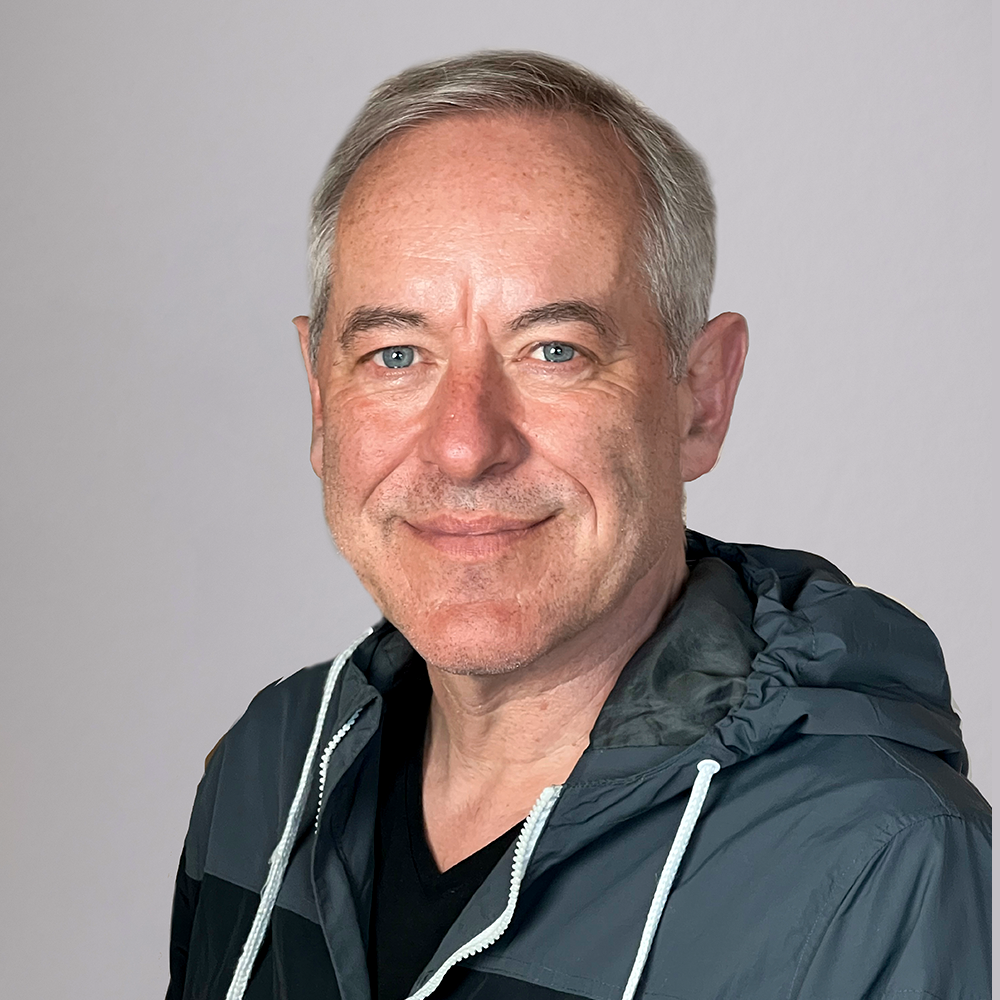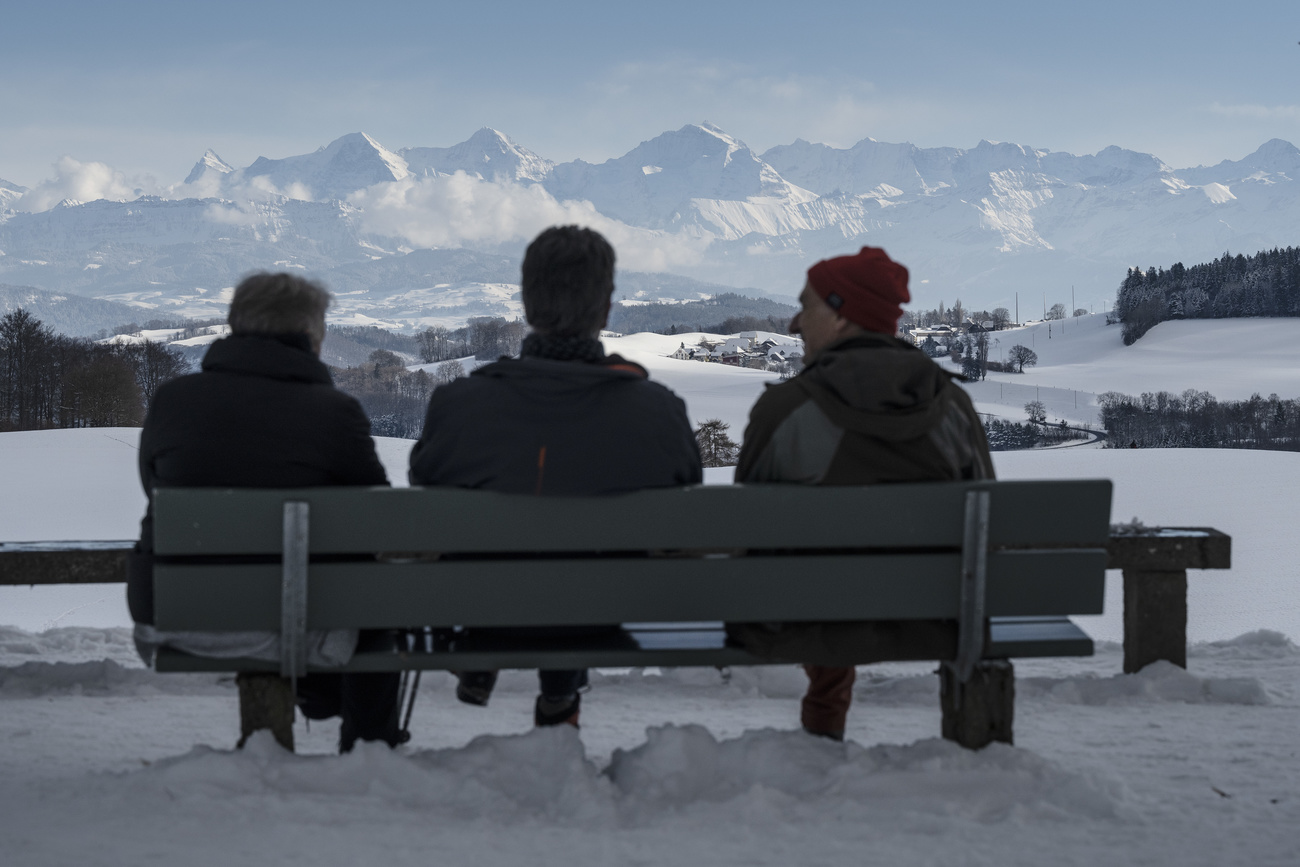
Switzerland Today
Dear Swiss Abroad,
Is Switzerland’s policy of neutrality “hopelessly naive, if not worse”, as The Economist writes in its latest edition? Few people outside Switzerland have positive words for the Swiss stance, but Bern is refusing to budge. Here are the latest news and stories from Switzerland on Friday.
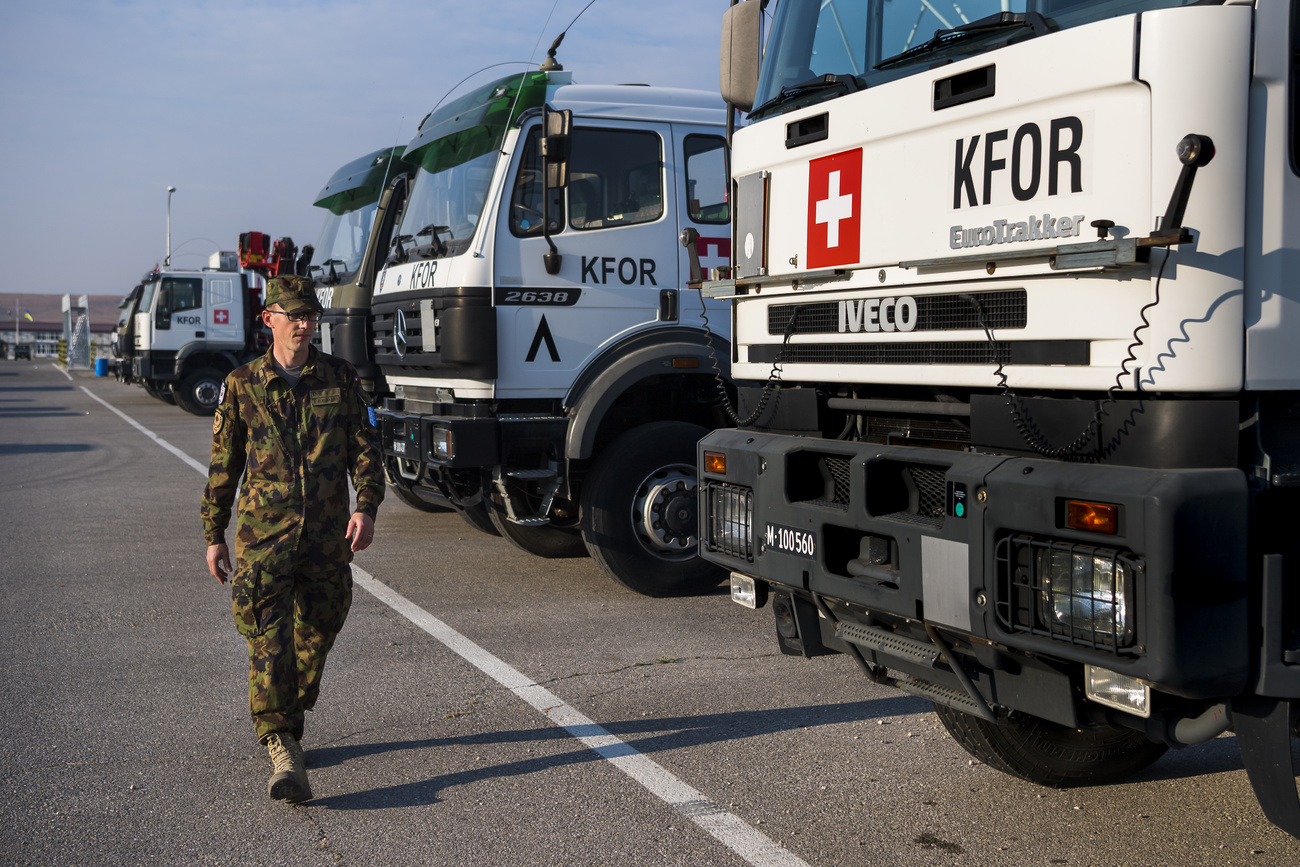
In the news: Kosovan Prime Minister Albin Kurti has spoken out in favour of strengthening SWISSCOY, the Swiss armed forces’ contingent in Kosovo.
- Kurti says his country is not only dependent on a continuation of the mission, but also on the Swiss contribution growing. “More Swiss officers and soldiers are always very welcome in our country,” he said today. In November the Swiss government announced that it wanted to extend the SWISSCOY mission in Kosovo by three years, until the end of 2026.
- Zurich-based engineering and technology conglomerate ABB has agreed to sell its Power Conversion division to AcBel Polytech Inc. for $505 million (CHF463 million). The transaction is expected to be completed in the second half of the year subject to regulatory approvals, ABB said today.
- No quick decisions should be made when discussing the confiscation of Russian assets for the reconstruction of Ukraine, insists Foreign Minister Ignazio Cassis. “In Switzerland major legal adjustments would be needed, in which the people would probably have the final say,” he said today.
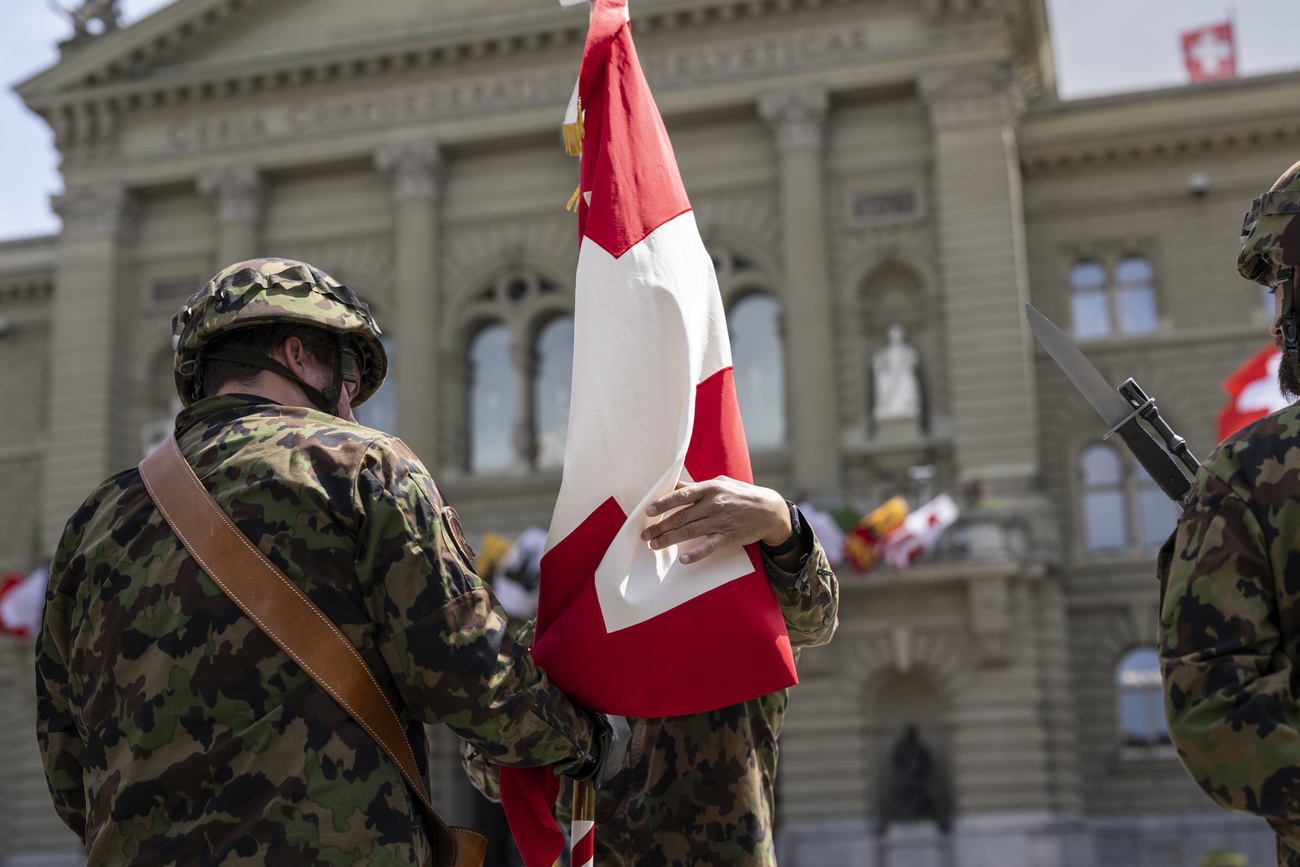
Few people outside Switzerland have positive words for Swiss neutrality – specifically its refusal to allow other countries to send Swiss-produced weapons and ammunition to Ukraine – but Bern is refusing to budge.
Criticism of Switzerland’s policy of neutrality is not new. Almost 20 years ago Israel Singer, the then chairman of the World Jewish Council, described Swiss neutrality during the Holocaust as “a crime”.
Now, Russia’s invasion of Ukraine has forced Switzerland to try to defend its neutrality again – with limited success. “There can be no ‘neutrality’ in the face of such mass war crimes. Pretending to be ‘neutral’ equals taking Russia’s side,” said Ukrainian Foreign Minister Dmytro Kuleba.
Switzerland has so far stuck to the line that its neutrality would be damaged by allowing other countries to send Swiss-produced weapons and ammunition to Ukraine. The government has resisted pressurefrom Germany and from Spain to sanction the re-export of ammunition to supply anti-aircraft vehicles already in Ukraine.
However, as The Economistpoints out in its latest editionExternal link, published today, “Swiss obstinacy has been lambasted by those on the front lines”. It quoted Anton Gerashchenko, a government adviser in Kyiv, who tweeted: “Ukraine sees this not as neutrality but as undermining our defence capabilities.”
Yesterday senior officials at the WEF’s annual gathering also questioned the Swiss position. “Abstention is not an option. Everyone has to be clear on their positions: law or the law of force, democracy and fundamental rights or autocracy,” said the president of the European Commission, Ursula von der Leyen. The mayor of Kyiv, Vitali Klitschko, also chimed in. “We understand Switzerland and its neutrality, but at the moment, when it comes to common values, one cannot be neutral,” he said.
The Economist didn’t mince its words, saying that there was a time when the approach had an “enlightened tinge” to it: “the virtuous foreign policy of well-run Nordic types. These days it looks hopelessly naive, if not worse”.
It said neutrality was looking increasingly like a simplistic answer to complex geopolitical questions. “The security of Europe is being fought over in Ukrainian trenches. Any country on the continent declaring itself neutral about the outcome is announcing that its own safety is of scant concern. Non-neutrals resent this.”
It concluded that Switzerland or Ireland throwing its weight behind Ukraine was unlikely to have the same effect as the US entering the Second World War in 1941, “but it would be a welcome decision to join the real world”.
More
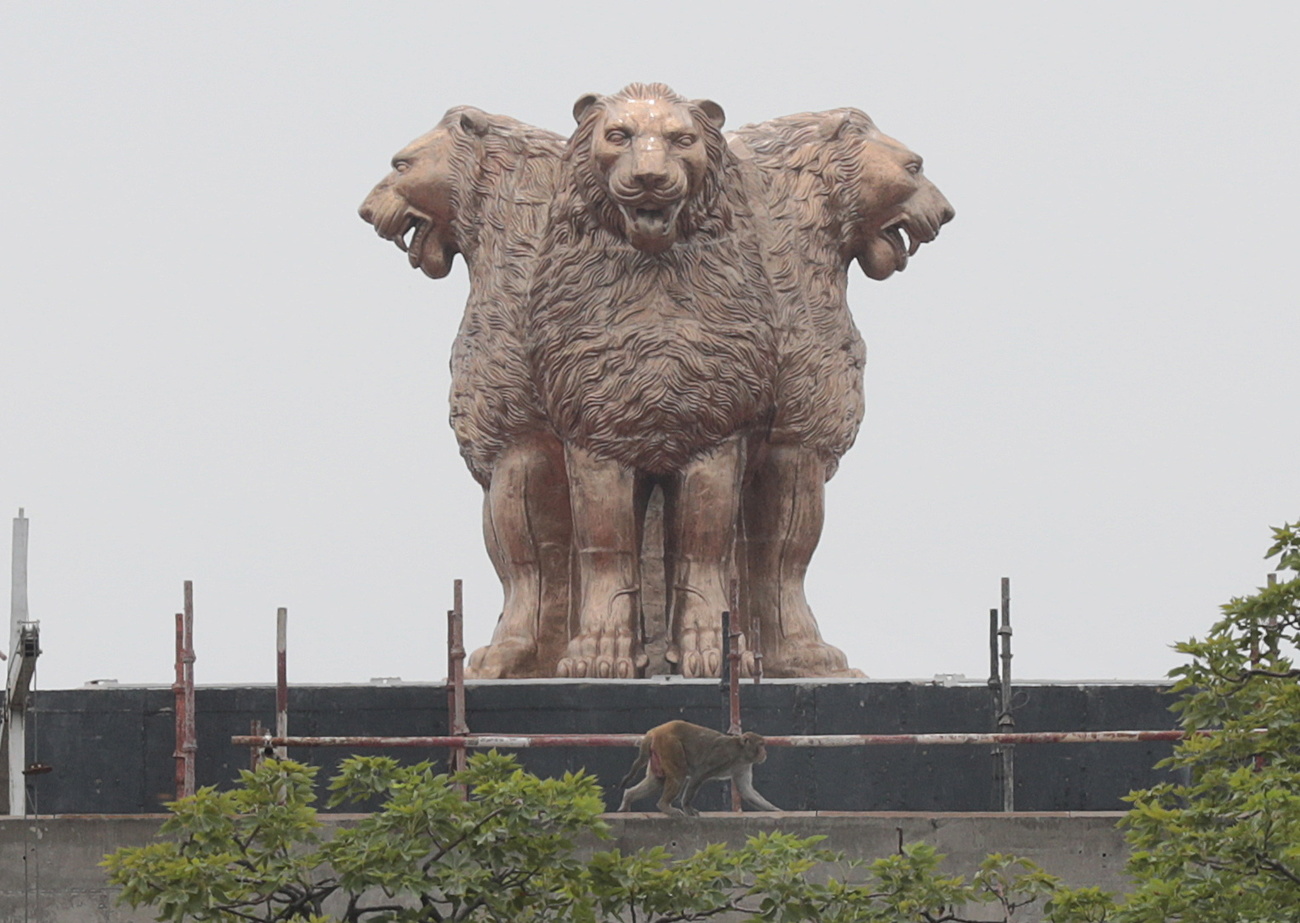
A Swiss man who works for the Swiss foreign ministry in India has got caught up in a political controversy about the appointment of judges.
The Times of Indiareported todayExternal link how India’s top court has repeated its backing for the man’s long-time openly gay partner, Saurabh Kirpal, to be appointed as a judge at the Delhi High Court even after the federal government objected to his candidature.
Kirpal’s name was first cleared in 2017 and was approved by the Supreme Court collegium in 2021. But in November the proposal was sent back by the government, which says Kirpal’s “involvement and passionate attachment to the cause of gay rights” could influence his decisions. It also objected to his candidature since his partner is a Swiss national.
The Supreme Court collegium, made up of India’s chief justice and two other senior judges, rejected both objections. “There is no reason to pre-suppose that the partner of the candidate, who is a Swiss national, would be inimically disposed to our country, since the country of his origin is a friendly nation,” the collegium said in a statement.
If elected, Kirpal would be India’s first openly gay judge. India’s colonial-era ban on gay sex was scrapped in 2018, but members of India’s LGBT community still complain of a lack of acceptance and discrimination in Indian society.

In compliance with the JTI standards
More: SWI swissinfo.ch certified by the Journalism Trust Initiative

